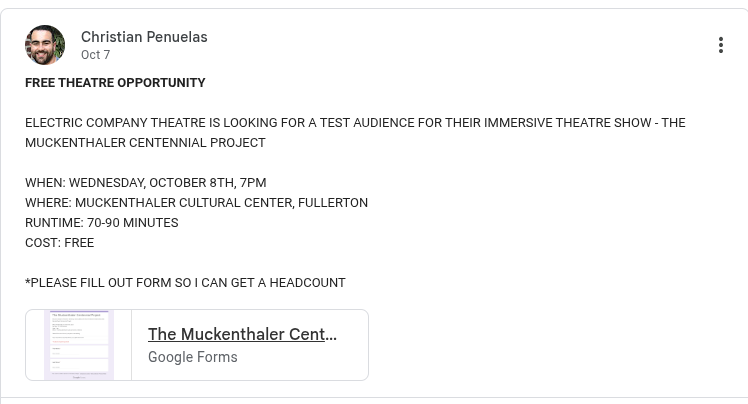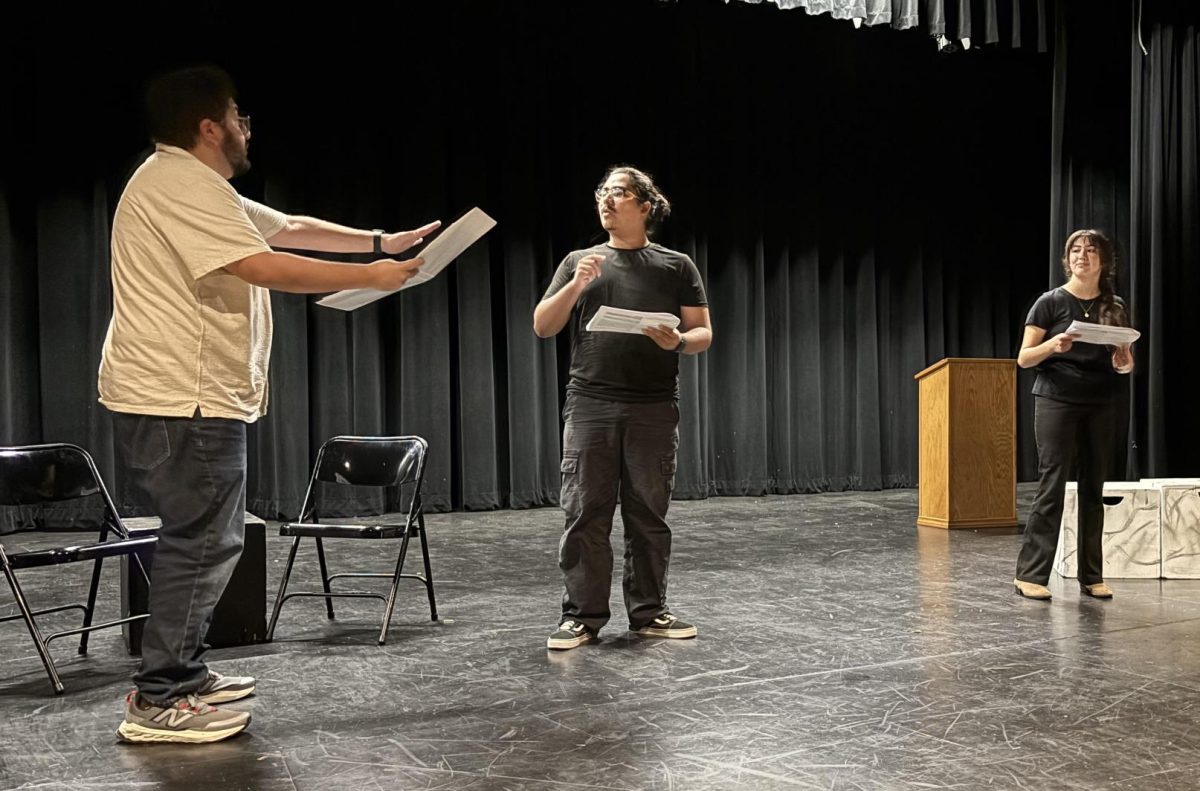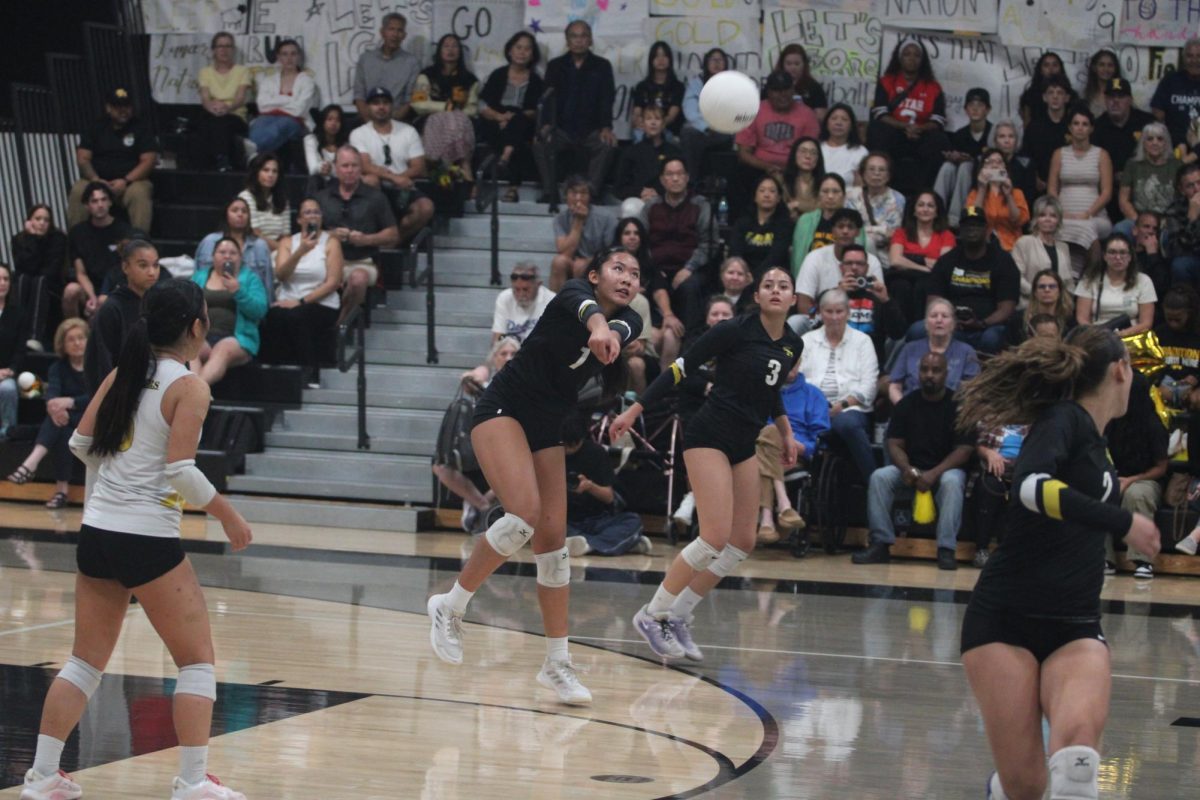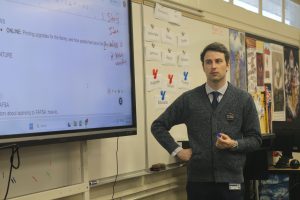Virtual learning offers new domains
September 7, 2021
The future of education is here, and it’s digital.
As students return to school, many have developed a distaste for the use of technology in learning.
Though their feelings are warranted, students and teachers should not limit their horizons to what digital education can be — a classroom without boundaries and knowledge without limits.
Zoom schooling did not fulfill the potential of digital education. It was an unprepared and panicked response to the pandemic, which left students and teachers in the dark — sometimes literally because of internet crashes and connection issues.
An online 2020 report by McKinsey & Company states that students have missed five to nine months of learning. Geographical location and inadequate technological support are some of the various factors that account for this drastic loss.
However, the best lesson that emerged from Zoom schooling was an example of what digital education should not be. It shouldn’t be static lecturing, confined to neither Google Classroom nor emails.
Students from all over the world missed an opportunity during the thick of the pandemic. Never in the history of the world were students of all nations, socioeconomic backgrounds and life experiences collectively online to learn.
However, the aftermath of the pandemic created a chance to carefully construct a more equitable and attainable form of education. Scholars around the globe have the opportunity to come together and learn from each other — on a scale international student exchange programs could only dream of.
Acosta Rodolfo, a professor of educational leadership at California State University, Fullerton, believes that online learning has the incredible yet untapped potential to connect with students from around the world.
“We don’t let teachers be as creative as they can with their online situation,” Rodolfo said. “With online learning we don’t have anymore boundaries, so we should be able to connect with folks in Brazil, in Denmark and in Japan.”
The internet closes thousands of miles with a click of a button. Why should students be restricted to their schools? To their textbooks? What digital education offers is an unprecedented level of universality, innovation and exchange of information.
A technology based education means more than just sitting in front of a computer screen and submitting digital assignments. It means a chance to evolve the very concept of education itself.
Advocates of more conservative styles of teaching champion the benefits of working with paper, including reliability and a more structured curriculum. While it may be true a book can never crash or glitch, technologies implemented nowadays in educational curricula exceed the usefulness of physical documents.
Online files cannot be damaged, and nearly an infinite number of copies of any piece of media can be made and distributed on a whim. Additionally, support networks on the internet can match the reliability of paper to make up for any mishaps.
The other argument typically made by paper proponents is the claim of a more structured curriculum since the absence of technology allows for less distractions. However, the structure of traditional education may be what prevents it from being effective. Resources on the internet are boundless and help assist students in achieving a well-rounded education.
\A 2001 report by the Pew Research Center found that the majority of youth, from ages 12-17, expressed that the internet provides helpful information for schoolwork and research. It would be incredibly detrimental to strip students of free and beneficial assets to their education because of the belief that book learning exceeds the value of having access to all of humanity’s knowledge on request.
Though educational curricula need structure, taking away technology, which widens the student’s access to knowledge and different perspectives, contradicts the very purpose of learning itself.
As the times change, so must the methods for learning.
Digital education represents a previously unseen hope for mankind in which the global youth can come together to cast off their chains of natural boundaries, becoming something greater than just students but members of a universal coalition who learn beyond a worksheet.
School can become more than a location but an experience. Learning can become more than reading a book but a chance for humanity to come together and progress beyond the borders of nations.
Let the universities become universal and let high schools bring in the highest form of education. Let the students advance beyond the boundaries of paper and into a brighter future.












